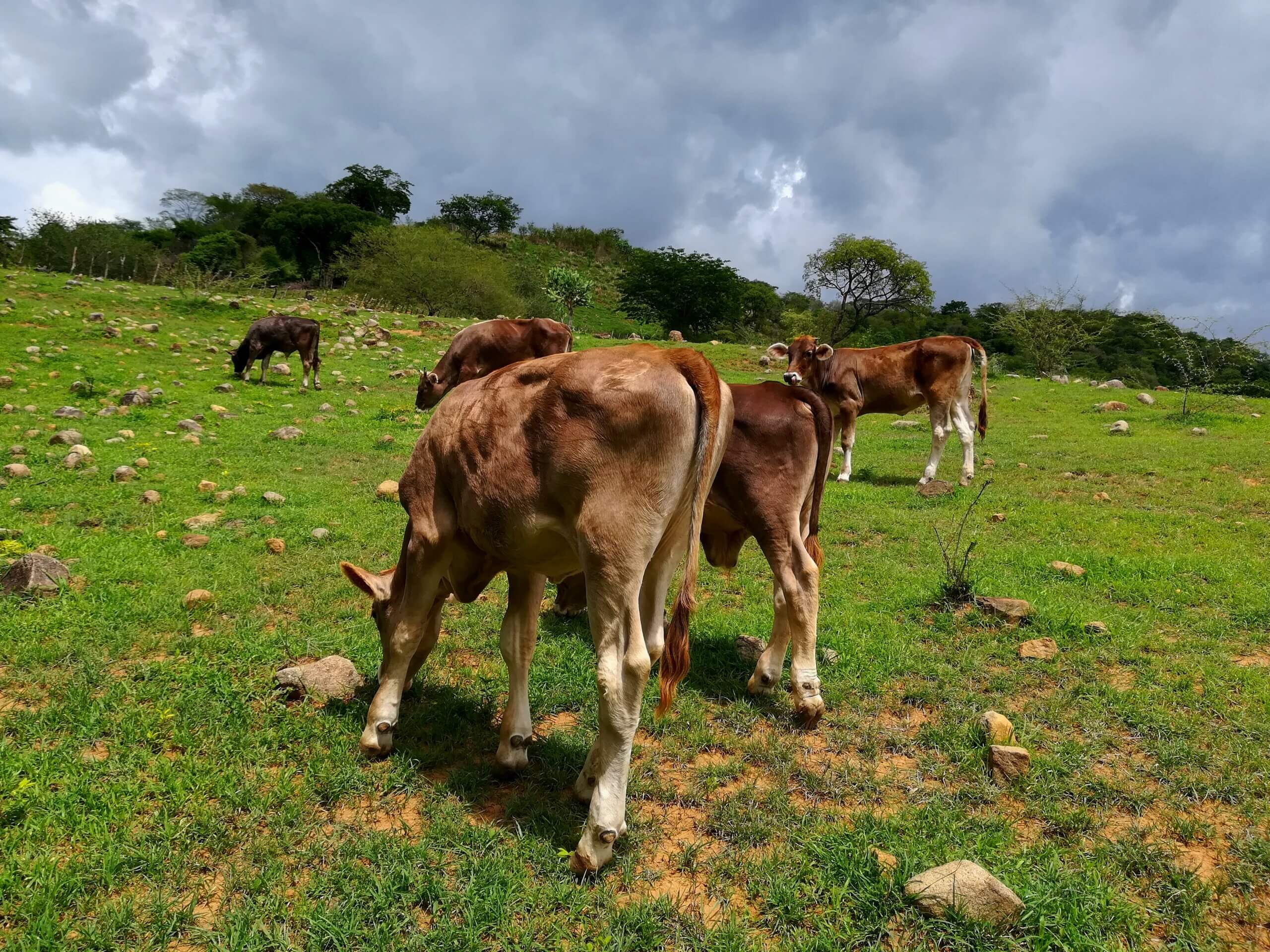Photo source: Wikimedia Commons
In October 2023, Colombian President Gustavo Petro signed 12 new memorandums of understanding with Chinese President Xi Jinping in Beijing, including a trade agreement for beef exports to China.
This trade agreement provided Colombia with attractive options due to the price, as a kilo of beef costs $9.68 in Colombia, while it typically sells for an estimated $17.88 in China, according to the Colombian newspaper El Tiempo.
With this new agreement, Colombia’s beef exports to China could reach more than 100,000 tons per year by 2025, more than double the 45,000 tons exported in 2022, according to Dialogo Chino.
However, the new agreement has raised concerns about the environmental impact that exporting three times the current amount of meat could have on the country.
There are also questions about the mechanisms for tracking the origin of livestock in Colombia. Cesar Molinares, a local journalist who has researched the issue, found the system to be fragile and identified traceability in Colombia’s livestock industry as a problem. This is due to the number of middlemen who buy cattle illegally raised in protected areas such as the Amazon rainforest and sell them, passing through several hands until they reach certified collection centers in approved areas, making it impossible to trace the origin of the cattle.
Molinares also pointed out that between 2014 and 2021, more than 110,000 cattle will come from areas near national parks in the Colombian Amazon. Moreover, there is no mechanism in Colombia to guarantee that cattle do not come from protected areas.
In addition to traceability, experts have found that cattle ranching in the Colombian Amazon is unsustainable. Concerns have also been raised about the excessive use of fertilizers and pesticides required for cattle ranching, which contaminates nearby waterways and negatively impacts biodiversity.
It will be important to monitor how this new binational agreement develops and what environmental solutions the Colombian government can propose to mitigate the potential impacts of such an agreement.
Main source:
Nuevos controles en China podrían impactar la producción de fentanilo en México | InSight Crime (2023, Noviembre, 29). https://insightcrime.org/es/noticias/nuevos-controles-china-podran-impactar-produccion-fentanilo-mexico/
Other related sources:
Colombia está a un paso de exportar carne bovina a China | El Tiempo (2023, Septiembre 22). https://www.eltiempo.com/economia/sectores/colombia-esta-a-un-paso-de-enviar-carne-bovina-a-china-808808
China levanta las restricciones para la carne bovina y porcina colombiana | Instituto Colombiano Agropecuario (2023, Febrero 16). https://www.ica.gov.co/noticias/china-levanta-restricciones-carne-colombia
Tras más de una década de negociaciones, Colombia superó todas las barreras y empezará a exportar carne a China| DF-SUD (2023, Septiembre 22). https://dfsud.com/ripe/tras-mas-de-una-decada-de-negociacion-colombia-supero-todas-las
“Protección de datos” y “cooperación con RTVC”: así fue la reunión entre Petro y el presidente chino Xi Jinping | El Colombiano (2023, Octubre 25). https://www.elcolombiano.com/colombia/asi-fue-la-reunion-entre-petro-y-el-presidente-de-china-xi-jinping-HP22788348
Colombia exportará carne bovina a China: fue aprobado el protocolo de exportación de carne bovina al gigante asiático | Instituto Colombiano Agropecuario (2023, Septiembre 22). https://www.ica.gov.co/noticias/ica-colombia-exportara-carne-bovina-china

